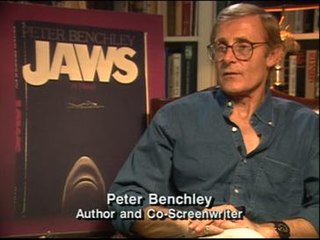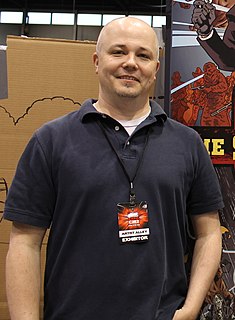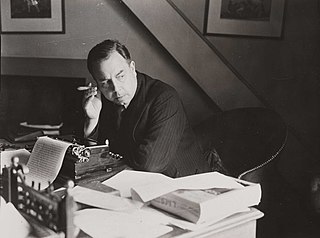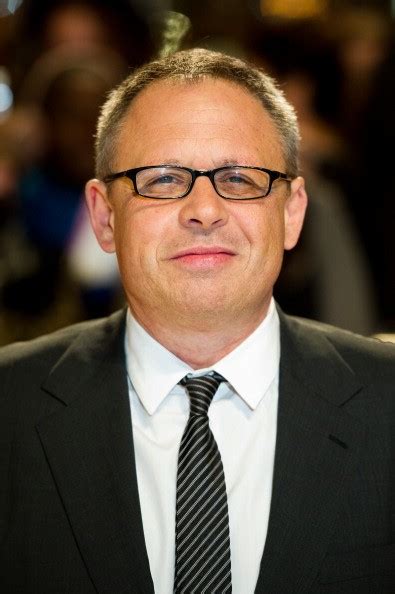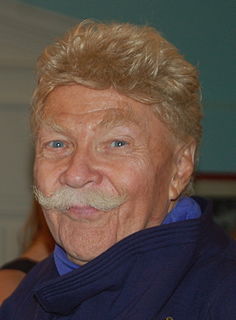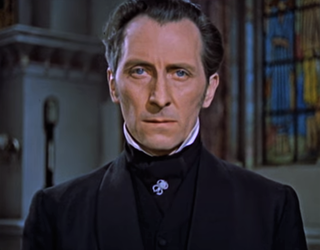A Quote by Peter Benchley
I know now that the mythic monster I created was largely a fiction.
Related Quotes
I think there's over-telling sometimes, in fiction. For instance, I'm a big fan of horror movies, but I could always lose the last third of them. There's the brilliant exciting scary thing that's going on, and then they have to show you the monster, and the monster turns out to be a giant spider from space and then you push it over and it's dead. It becomes mortal and it has human needs and it always sort of feels like a shame. Maybe because of all the cop shows and such, we're a generation that needs to have problems solved for us in fiction.
Fiction is more dangerous than nonfiction because it can seduce better. I think we all know this, know that deeper truths can be approached in fiction than in fact. There are risks for the reader, because after reading certain books you find you have changed irreversibly. There are risks for writers: in China, now, and Ethiopia and other countries right now, writers face real persecution.
I prefer the gradual path My feeling is that mythic forms reveal themselves gradually in the course of your life if you know what they are and how to pay attention to their emergence. My own initiation into the mythic depths of the unconscious has been through the mind, through the books that surround me in this library. I have recognized in my quest all the stages of the hero's journey. I had my calls to adventure, my guides, demons, and illuminations.
